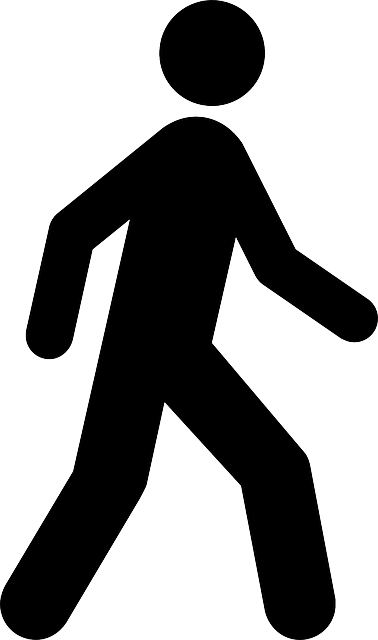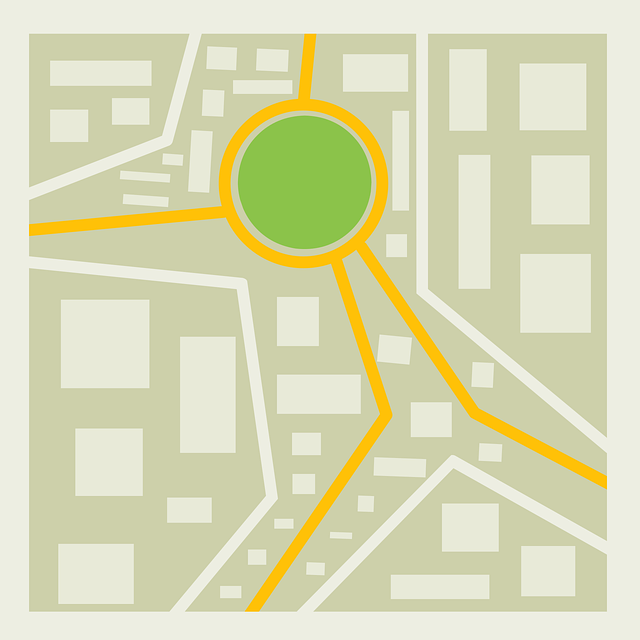
Know The Benefits From Walking
Walking Improves Your Health. The faster, farther and more frequently you walk, the greater the benefits. For example, you may start as an average walker and then work your way up to walking faster. And walking a mile in a shorter amount of time than an average walker, like power walkers. So then, this can be a great way to get aerobic activity and improve your heart health. Also, to increase your endurance while burning calories.
The benefits of walking, especially at a brisk pace.
- Maintain a healthy weight and lose body fat
- Prevent or manage various conditions, including heart disease, stroke, high blood pressure, cancer and type 2 diabetes
- Improve cardiovascular fitness
- Strengthen your bones and muscles
- Improve muscle endurance
- Increase energy levels
- Improve your mood, cognition, memory and sleep
- Improve your balance and coordination
- Strengthen immune system
- Reduce stress and tension
You can also alternate periods of brisk walking with leisurely walking. This type of interval training has many benefits, such as improving cardiovascular fitness and burning more calories than regular walking. And you can do interval training in less time than regular walking.
Consider your technique
Walking Improves Your Health. Turning your normal walk into a fitness stride requires good posture and purposeful movements. Ideally, here’s how you’ll look when you’re walking: Your head is up. You’re looking forward, not at the ground. Your neck, shoulders and back are relaxed, not stiffly upright. You’re swinging your arms freely with a slight bend in your elbows. A little pumping with your arms is good. Your stomach muscles are slightly tightened and your back is straight, not arched forward or backwards. You’re walking smoothly, rolling your foot from heel to toe.
Plan Your Walking Routine
Walking Improves Your Health. Get the right gear. Choose shoes with proper arch support, a firm heel and thick flexible soles to cushion your feet and absorb shock.
Wear comfortable, loose-fitting clothes and gear appropriate for all types of weather, such as layers in cooler weather. Aim to wear moisture-wicking fabrics, which will keep you more comfortable. If you walk outdoors when it’s dark, wear bright colours or reflective tape for visibility. Wear sunscreen, a hat and sunglasses if you’re going out during the day.
Some people choose to use an activity tracker, app or pedometer. These can be helpful to track your time, distance, heart rate and calories.
Choose Your Course Carefully
Walking Improves Your Health. Choose your course carefully. If you’ll be walking outdoors, avoid paths with cracked sidewalks, potholes, low-hanging limbs or uneven turf. If the weather isn’t appropriate for walking, consider walking in a shopping mall that offers open times for walkers.
- Warm up. Walk slowly for five to 10 minutes to warm up your muscles and prepare your body for exercise.
- Cool down. At the end of your walk, walk slowly for five to 10 minutes to help your muscles cool down.
- Stretch. After you cool down, gently stretch your muscles. If you’d rather stretch before you walk, remember to warm up first.
Set realistic goals
Aerobic activity. Get at least 150 minutes of moderate aerobic activity or 75 minutes of vigorous aerobic activity a week, or a combination of moderate and vigorous activity. The guidelines suggest that you spread out this exercise over the course of a week. Greater amounts of exercise will provide even greater health benefits. But even small amounts of physical activity are helpful. Being active for short periods of time throughout the day can add up to provide health benefits.
Strength training. Do strength training exercises for all major muscle groups at least two, preferably three times a week. Aim to do a single set of each exercise, using a weight or resistance level heavy enough to tire your muscles after about 12 to 15 repetitions.
As a general goal, aim for at least 30 minutes of physical activity a day. If you can’t set aside that much time, try several short sessions of activity throughout the day. Any amount of activity is better than none at all. Even small amounts of physical activity are helpful, and accumulated activity throughout the day adds up to provide health benefits.
Remember it’s OK to start slowly — especially if you haven’t been exercising regularly. You might start with five minutes a day the first week, and then increase your time by five minutes each week until you reach at least 30 minutes.
For even more health benefits, aim for at least 60 minutes of physical activity most days of the week.
Track your progress
Keeping a record of how many steps you take, the distance you walk and how long it takes can help you see where you started from and serve as a source of inspiration. Just think how good you’ll feel when you see how many miles you’ve walked each week, month or year.
Try using an activity tracker, app or pedometer to calculate steps and distance. Or record these numbers in a walking journal.
Stay motivated
Set yourself up for success. Start with a simple goal, such as, “I’ll take a 5- or 10-minute walk during my lunch break.” When your 5- or 10-minute walk becomes a habit, set a new goal, such as, “I’ll walk for 20 minutes after work.”Find specific times for walks. Soon you could be reaching for goals that once seemed impossible.
Make walking enjoyable. If you don’t like walking alone, ask a friend or neighbour to join you. If you’re energized by groups, join a health club or walking group. You might like listening to music while you walk. However, use only one earphone because closing both ears with music affects your balance.
Vary your routine. If you walk outdoors, plan several different routes for variety. If you often walk in your neighbourhood, consider walking somewhere new, such as a city or state park. Try taking routes with hills or stairs as you become used to walking more. Or walk faster for a few minutes and then slow down for a few minutes and repeat the cycle. If you’re walking alone, tell someone which route you’re taking. Walk-in safe, well-lit locations.
- Take missed days in stride. If you find yourself skipping your daily walks, don’t give up. Remind yourself how good you feel when you include physical activity in your daily routine, and then get back on track.
In Conclusion
Starting a walking program takes initiative. Sticking with it takes commitment. However, once you take that first step, you’re on the way to an important destination, better health. So then, once you get started making it a habit, a daily habit is best. Soon, you will feel the difference it makes.
Important Note *
Remember that everyone is different, and it is ultimately YOUR RESPONSIBILITY to find what your body responds to. So please do your due diligence before trying anything new, including getting Medical Advice to ensure your safety and peace of mind.
Connect with me and leave a comment or two on my social media.






6 replies on “Walking Improves Your Health”
Thank you for this.
Hello Artemida, Thank you for your comment, I appreciate you taking the time to comment on the post, It is a simple exercise system that many people do not appreciate, and has many benefits. Thank you and take care, Ian
You are helping us in real sense Ian. May God bless you.
Hello Mujahid, I really appreciate you taking the time to comment, feedback is always helpful, I try very hard to make sure the posts I send out are important and useful for our age range, I am happy you are enjoying my posts, thank you so much for this, Ian
Hi, I just found your blog.
My name is Rita, I’m in Mexico City.
I’ll turn 71 on May 2022 so I really appreciate your efforts in sharing your own journey to stay healthier and fit.
I started walking in my neighborhood three years ago and felt great, unfortunately last year, besides the pandemic fear and the change in April to summer daylight savings schedule, I first stopped doing it regularly and then stopped at all…I am feeling the difference right now, I feel heavy, clumsy and without energy…besides having a feet problem because of my fallen arch, sometimes I just can’t walk but I’ll look for a remedy urgently.
I’m in charge of my almost 98 year old dad, which sometimes makes it more difficult to keep a routine but it helps me to see how important it is to engage in doing it again, since he doesn’t believe in exercising at this stage of life but he is an exception to the rule. He was a good athlete in his youth and he can still manage to handle his own basic necessities, thanks God but I can see the effects of his lack of mobility in his breathing difficulties and his advancing dementia for, I guess, lack of blood circulation. Well..I know I will not last as much of my parents (mom died at 85 after a cancer battle) but I want to feel useful now and not to be a burden to anyone especially to my two sons.
Sorry I extended my comment but I find your story inspiring and I will follow your advice from this day on…
Rita, I salute you, you are in extraordinary circumstances which would make many give up, you are getting on with it and if you can get back to walking even for just 10 minutes to start it will help you immensely, I really enjoy getting comments because they let me understand what I am doing is working for people. So thank you very much for your comment, I wish you well, all the very best Ian